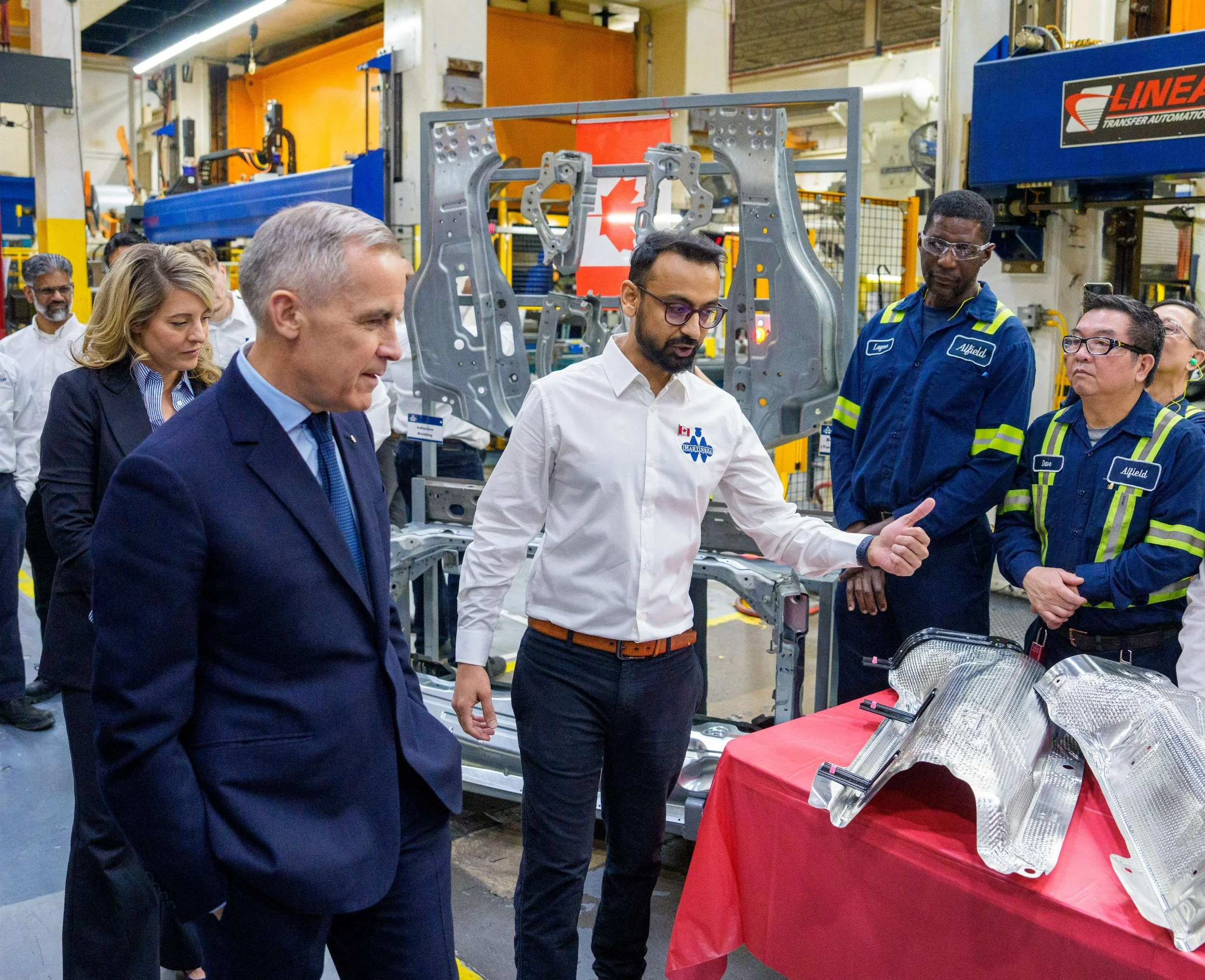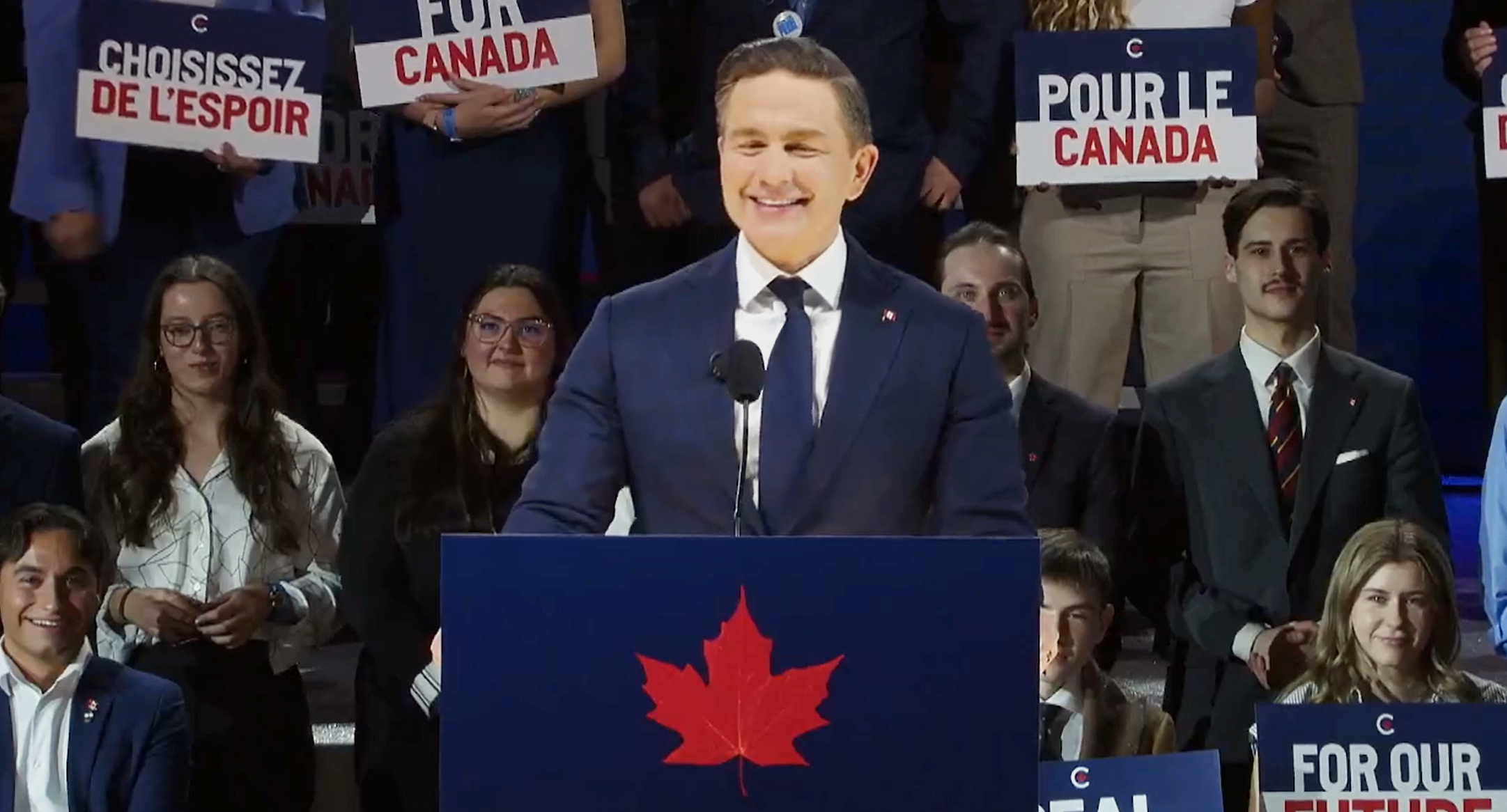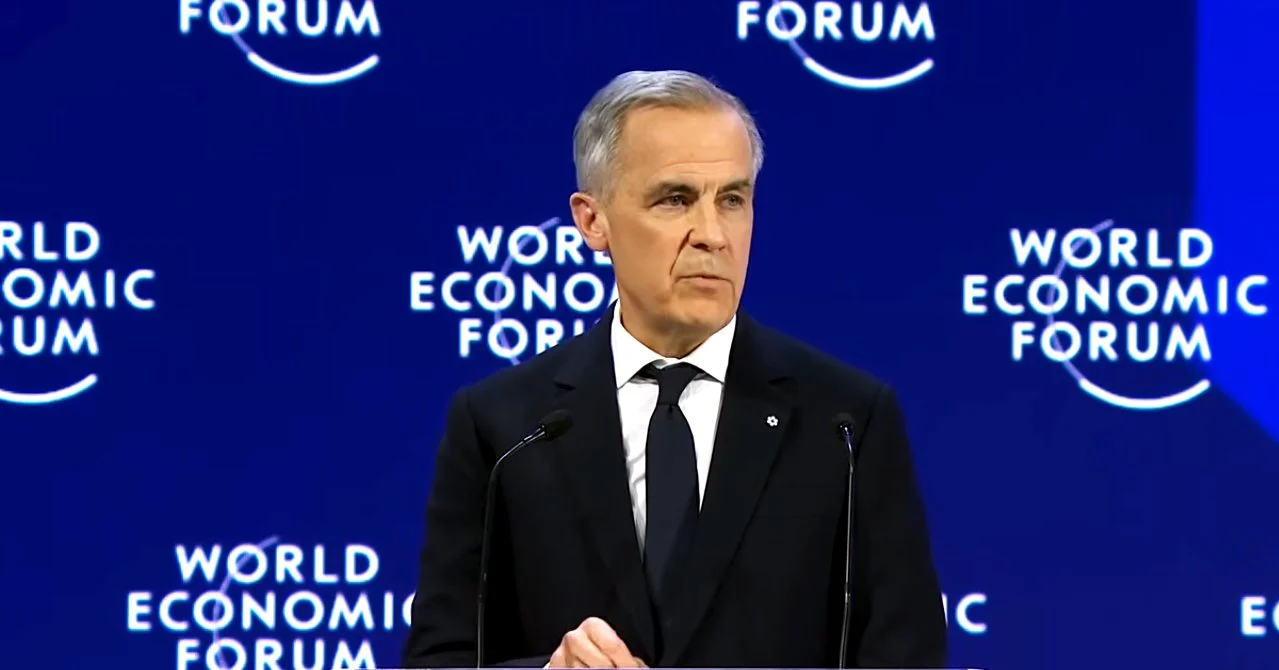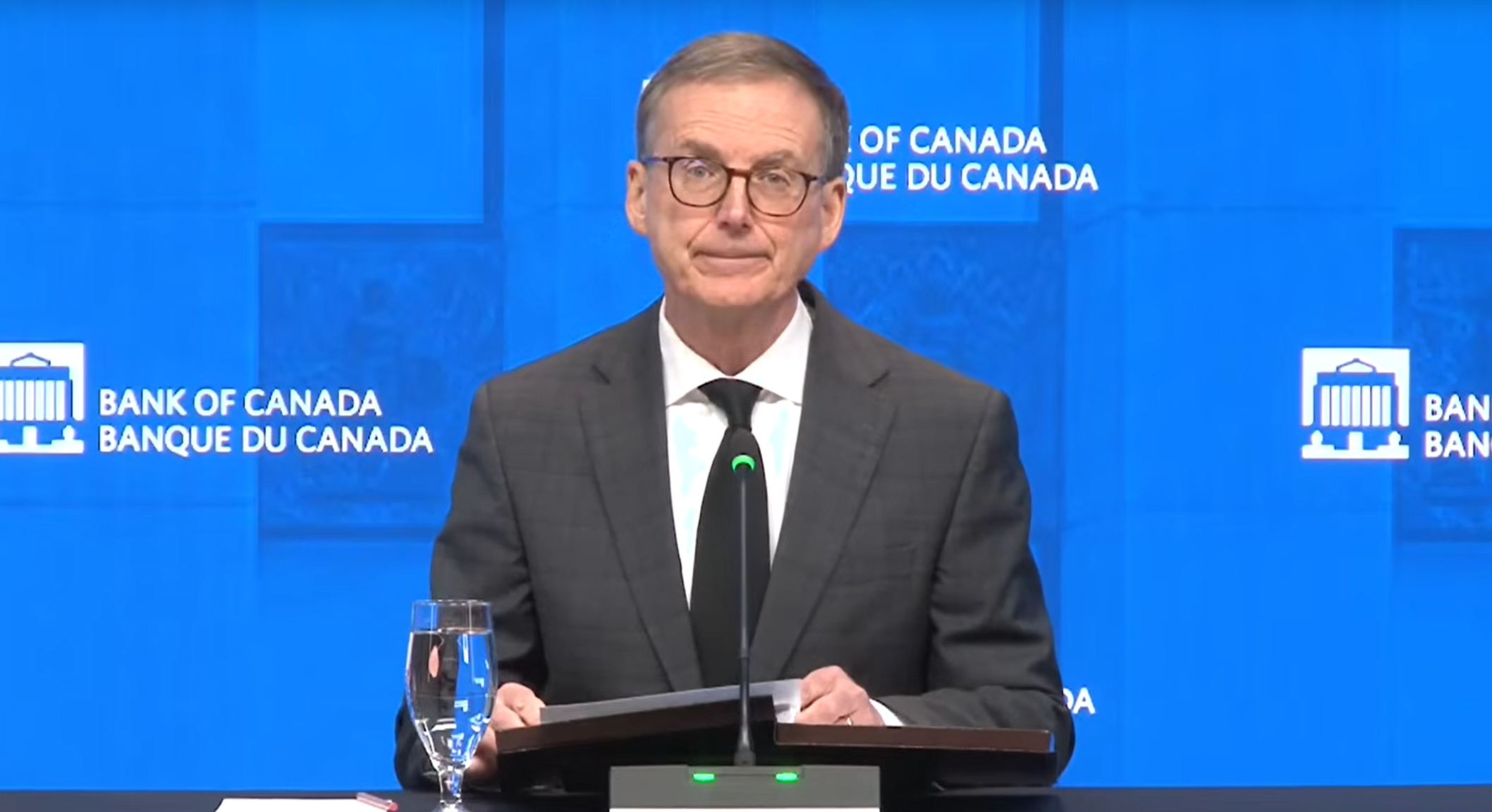For Avi Lewis mainstream disdain is a feature, not a bug
‘It's time for the NDP to return to its roots—fighting a system rigged for the rich that leaves the rest of us behind,’ says Avi Lewis on why he’s running for NDP leader. / SCREENSHOT
If you are an NDP partisan, you have to look very deeply into the entrails of the mortal shellacking the NDP took at the polls this spring for signs of hope.
The party suffered its worst-ever federal defeat, winning just seven seats. It lost official party status in the House of Commons and with it crucial funding, committee seats and parliamentary relevance. Fewer than 50 of the NDP candidates received the 10 per cent of the vote required in their ridings to get millions of dollars in campaign expenses reimbursed by Elections Canada.
So disenchanted are the tattered remnants of the NDP grassroots with the direction of the party that a group called Reclaim NDP has started a campaign that encourages supporters not to send donations to the party HQ.
On the bright side, they are no longer weighed down by a deeply unpopular leader. That’s about it. Jagmeet Singh is gone. That’s pretty much the bright side. But that’s not nothing. Just ask the Liberals. They rebounded from their worst-ever showing in 2011 by selecting Justin Trudeau as leader in 2013; followed by a majority election win in 2015.
Better yet, the bar for political success has always been much lower for the NDP, for whom moral victories and third-place finishes have historically earned their leaders long, warmly remembered tenures at the party helm.
Warmed over Jagmeet Singh?
A replacement for Singh will be chosen in March 2026. So far, there is one declared contender: Avi Lewis, who has name recognition and an audience among progressive left voters as a TV show host, documentarian, activist and lecturer. The son of Stephen Lewis and grandson of David Lewis, he seems to be borrowing a page from Justin Trudeau’s playbook in that he could be the next in line from a family of NDP royalty. Lewis has also shown commitment to the party, having run, albeit unsuccessfully, as a federal candidate in the 2021 and 2025 elections.
Lewis’ media skills were on full display with the polished video that launched his campaign. He struck some of the greatest hits of the NDP populist left playbook, attacking Canadian economic oligopolies in cell phones, groceries, energy and banking as the source of all of Canada’s economic problems. And he duly lumped the Conservatives and the Liberals together as the lap dogs of the Canadian plutocracy.
If this all sounds familiar to you, that’s because it is the same themes that Singh was hitting throughout his tenure as leader, with the resultant political wreckage that is the NDP of today. And this gets to the heart of the fundamental problem that the party faces as it starts to rebuild: its persistent failure over time to connect with its progressive base.
True, Singh’s decision to join the Liberals in the Supply and Confidence Agreement in the last Parliament became an anchor on the party’s fortunes as Trudeau became ever more unpopular. But the fact that the NDP vote migrated both to the right, to the Conservatives, and to the centre to the Liberals in 2025, meant it no longer had a unique political value proposition when Trudeau departed the scene.
Mainstream disdain is the point
Apart from his commitment to bringing the greedy rich to heel, Lewis trumpeted what he called a “Green New Deal” as the core of his economic policy. If this also sounds familiar, that's because progressives in the U.S. Democratic Party called by name for the very same thing, a set of policies that Donald Trump and the Republicans successfully portrayed as economically catastrophic.
What’s interesting about this is that Lewis chose not to refer to the “Leap Manifesto,” a progressive prescription for “energy democracy,” which he co-authored in 2025 with his partner and fellow high-profile activist Naomi Klein. It was in essence, based on the proposition that Canada could harness the transition from fossil fuels to, among other things, create jobs, reduce income inequality and tackle the climate crisis. Like its U.S. inspiration, the Manifesto was dismissed by most economists and pundits as a recipe for economic disaster.
Regardless of the economic demerits of either the Leap Manifesto or the Green New Deal — and there are many — Lewis as leader would be able to point to a unique political value proposition, recognizably progressive and, more importantly, exclusively NDP. He could use this as a club to beat both the Liberals and the Conservatives as their economic agendas have converged under Prime Minister Mark Carney.
But I am getting ahead of myself. There are three other potential contenders who may enter the NDP leadership campaign: NDP MP Heather McPherson, International Longshore and Warehouse Union president Rob Ashton and activist Yves Engler. Like Trudeau when he ran for Liberal leader in 2013, Lewis has an enormous head start over them in terms of name recognition and family heritage among the party faithful. The Green New Deal gives him a policy agenda that will warm progressive hearts.
Apart from what he might say publicly, Lewis will not be running to win government should he be chosen NDP leader, he will be running to win back official party status in the House of Commons and a place as an authentic voice for Canadian progressivism. In this context, mainstream denunciation is a feature for Lewis, not a bug. In the meantime, expect the populist octane of debate to accelerate as Lewis and his presumed opponents outbid one another to show who is the furthest to the left.






